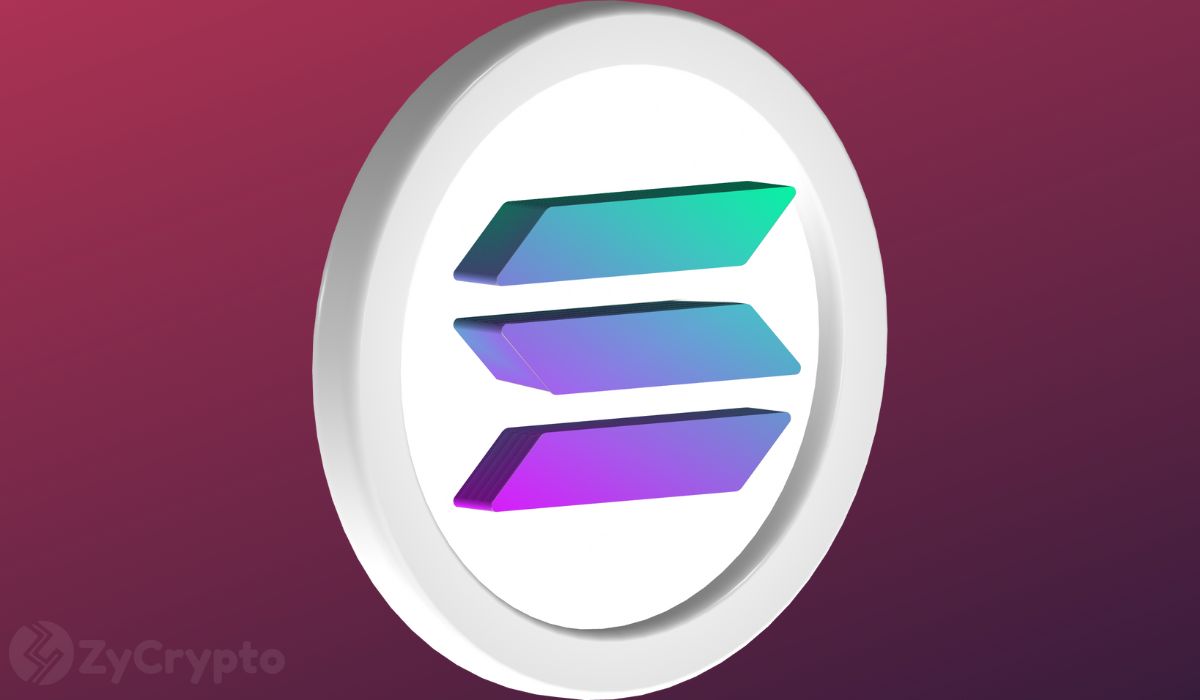
A proposal designed to increase yields for validators rather than burn tokens is a significant factor in SOL’s upward action.
Solana validators will receive the full priority fee amount per transaction after a governance proposal passed with 78% support on Monday, shifting away from the current 50% reward and 50% burn model.
Solana Will No Longer Burn 50% Of The Priority Transaction Fees
The majority of Solana validators approved Solana Improvement Document SIMD-0096, which proposes charging validators all transaction priority fees. The proposal has officially been implemented.
For those unaware, Solana users with urgent transactions pay optional priority fees to avoid network congestion. Validators can, in turn, prioritize and fast-track their transactions, a crucial way Solana mitigates network congestion.
This proposal seeks to improve incentives around how validators receive priority fees, thus enhancing network security. SIMD-0096 will also eradicate possible opaque and off-chain side deals between block producers and transaction submitters, improving the overall efficiency of the validator system.
“This ensures that validators are appropriately incentivized to prioritize network security and efficiency, rather than being incentivized to engage in potentially detrimental side deals,” the proposal creator Tao Stones explained.
According to CoinGecko data, SOL’s price slipped by 1.4% on the day after the SIMD-0096 proposal passed. Users have spent $1.9 million on Solana fees in the past 24 hours, as per DeFi Llama. Notably, the proposal to eliminate the 50% burn rate might negatively affect the Solana network by making SOL more inflationary.
The Problem With Removal Of The Burn Function
While the recently passed proposal could boost Solana’s security, some community members have voiced serious concerns about its impact on SOL’s tokenomics and the fact that only validators were allowed to vote on it.
With validators receiving 100% of the priority fees and none being burnt, this means more SOL issuance and inflationary pressures. One opponent to the proposal, going by the online moniker FreedomFighter, said:
“Not essentially stealing a deflation aspect people bought into Solana for, every user will suffer with higher inflation, doesn’t matter how much you undermine the amounts, it still remains a fact.”
Leading Solana validator Stakewiz also criticized the SIMD—0096 proposal. “I’m generally for a removal of priority fee burn, but I’m against this proposal for its lack of data-driven reasoning and failure to address the concern of priority fee inflation,” Stakewiz explained.
The proposal is considered to be more beneficial to validators than Solana users. How the SOL price reacts following the proposal remains to be seen.





















